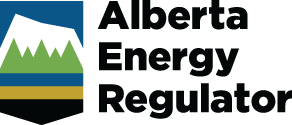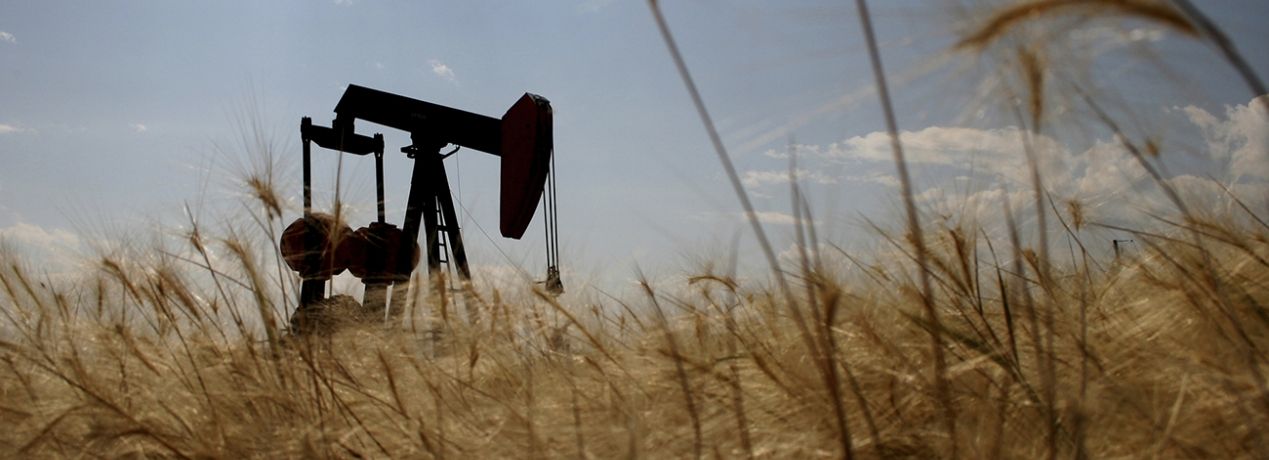Coalbed methane is a form of natural gas that is produced from coal beds. It is composed mostly of methane, with small amounts of nitrogen, carbon dioxide, and heavier hydrocarbons like ethane. Coalbed methane is “sweet” rather than “sour.” This is because it does not contain hydrogen sulphide.
How is coalbed methane formed?
Coalbed methane is made naturally in our environment when coal forms underground. When dead plant matter breaks down in swampy areas, it eventually turns to peat and sinks further into the ground, tucked under layers of sand and mud. Over time, a combination of high temperatures and pressures causes this plant matter to harden into coal. Methane that is generated during this process becomes trapped within the newly formed coal.
The Alberta Geological Survey, a branch of the AER, has estimated that as much as 14 trillion cubic metres of coalbed methane is present in Alberta.
We regulate coalbed methane production in the same way that we regulate other natural gas operations. The application, exploration, drilling, and production processes are all the same, as are the operational regulations.
Our Detailed Requirements
- Directive 035 Baseline Water Well Testing Requirement for Coalbed Methane Wells Completed Above the Base of Groundwater Protection
- Directive 056 Energy Development Applications and Schedules
- Directive 062 Coalbed Methane Control Well Requirements and Related Matters
Compliance and Enforcement
We conduct regular inspections and audits to make sure that companies are following our requirements. If we find that a company isn’t complying, we’ll take the appropriate compliance and enforcement actions and share our findings on the Compliance Dashboard.


